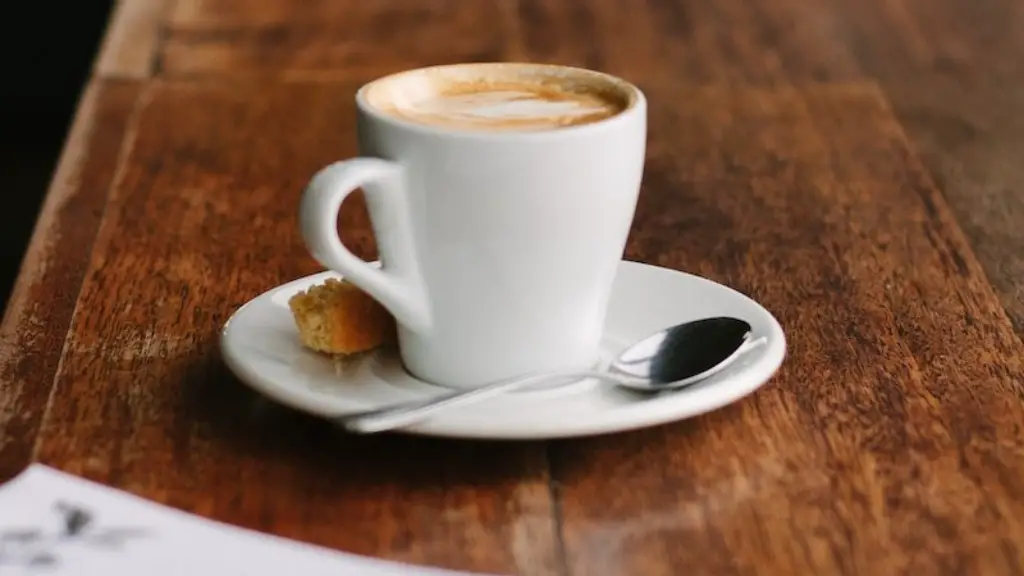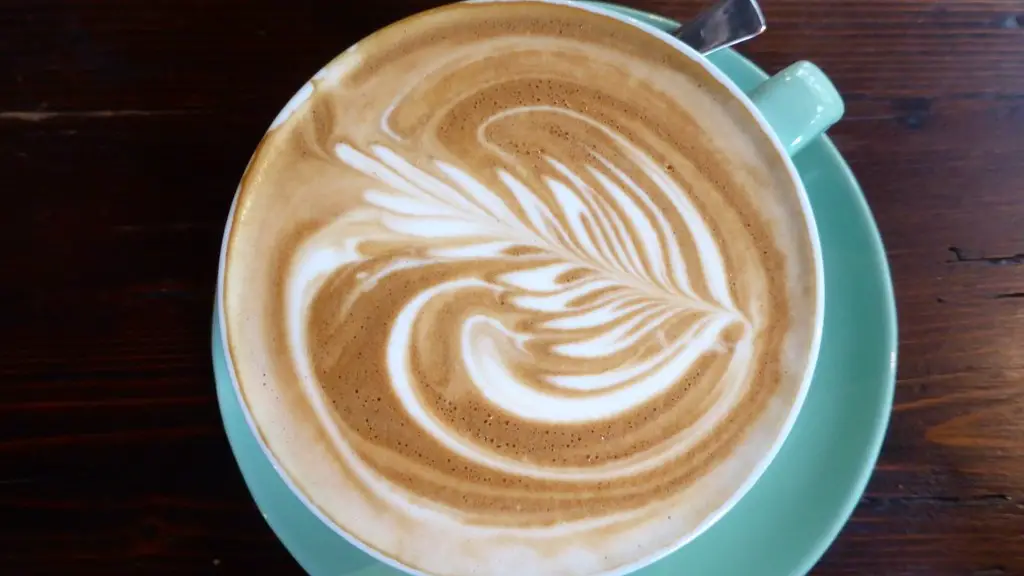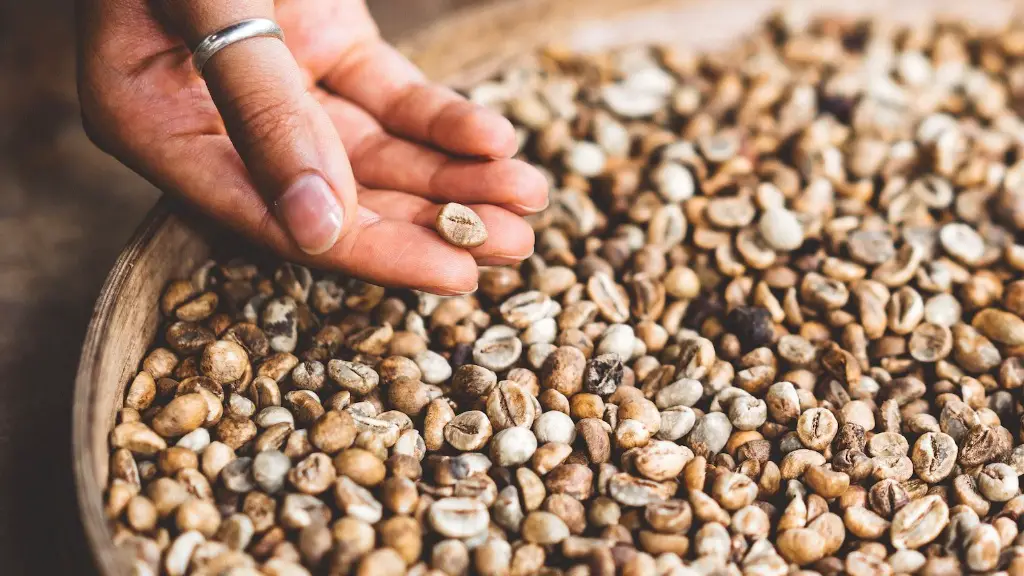Most of us are aware of the potential health benefits of coffee, but many people take their enthusiasm for the energizing beverage too far. Intermittent fasting, which has become increasingly popular, could take drinking coffee to the extreme. Of course, we all want to optimize our lifestyles, but should we really drink coffee while fasting?
It’s important to understand what fasting is and the role coffee can play in the practice before deciding whether it’s safe and beneficial to drink coffee while fasting. Fasting is a practice of partially or completely abstaining from food, drink, or both for a set amount of time. During a fast, caffeine could be consumed in the form of coffee, tea, or other beverages. However, there is still debate over whether drinking coffee during a fast is truly beneficial.
The primary benefit of coffee drinking during fasting is the potential for enhanced concentration and alertness. Caffeine consumption has been linked to heightened alertness, and a cup of coffee can help those who are already in a fasted state to stay focused and energized. Furthermore, particularly while fasting, coffee can help reduce hunger cravings and provide a feeling of fullness.
However, coffee shouldn’t be seen as a means to counteract the negative effects of fasting. Caffeine has been shown to suppress hunger, but according to experts, it’s not the proper way to achieve the benefits of a fast. In fact, overwhelming your body with caffeine while in fasting can overshadow the benefits of the practice. Therefore, it’s recommended to limit your caffeine intake while fasting, including if drinking coffee.
It’s best to listen to your body in deciding whether to drink coffee while fasting. If you’re finding yourself short-tempered or feeling fatigued, a cup of coffee or a glass of tea could help bring you back to your energized self. However, if you’re already alert and energized, it’s better to abstain from caffeine in favor of the regular benefits of fasting.
Types of Intermittent Fasting
Fasting is a broad term covering different protocols and patterns. Generally, it’s divided into two main categories: whole-day fasting and time-restricted feeding. Whole-day fasting involves abstaining from food and drinks for an entire day once or twice a week while time-restricted feeding limits intake to predetermined times per day.
The most common type of time-restricted feeding schedule is 16:8 for men and women, which refers to a 16-hour fasting phase followed by an 8-hour phase for eating. For example, from 8:00 a.m. to 4:00 p.m. would be the 8-hour feeding phase, and from 4:00 p.m. to 8:00 a.m. would be the 16-hour fasting phase.
The benefit of 16:8 is that you only have to fast for 16 hours a day, ensuring that your body has enough time to fully digest the food and drinks you’re consuming. During the fasting phase, most people are allowed to drink coffee and tea as long as they keep sweeteners and other ingredients out of their cup. This makes it easier and more pleasant to adhere to this fasting protocol.
Benefits of Coffee During Fasting
Although there are potential risks to drinking coffee or other caffeine-containing beverages while fasting, there are also several benefits. In terms of health, coffee can aid in digestion and improve mental alertness. As long as you don’t add sugar, cream, or other sweeteners to your coffee, you’ll be able to reap the full benefits of the beverage.
More importantly, drinking coffee during a fast can help to make the process more enjoyable. Since fasting often involves abstaining from food and drinks, having coffee during the fasting phase can be a great way to break up the monotony and provide a little bit of motivation and pleasure.
Additionally, drinking coffee while fasting could provide access to metabolic and physiological benefits. Coffee could help to suppress hunger, while still allowing the body to remain in a fasted state. This could increase the efficiency of the fasting process, as greater levels of catecholamines, hormones associated with regulation of energy metabolism and fat mobilization, are released while in a fasted state.
Thus, while moderate amounts of coffee during fasting can provide an energy boost and help to reduce hunger, it’s important to remember that it still must be done in moderation. Too much caffeine can easily overwhelm the body, leading to fatigue and negative health effects.
Effects of Caffeine on Intermittent Fasting
Caffeine is the primary psychoactive compound in coffee and other caffeinated beverages, so it’s important to understand the effects it can have on the body before drinking coffee while fasting. Generally, caffeine increases energy by stimulating the release of the neurotransmitter known as dopamine. It can also help to improve alertness and focus, as well as reduce feelings of fatigue.
However, too much caffeine can have negative effects. High amounts of caffeine stimulate the release of stress hormones, leading to increased anxiety and even irritability. It can also reduce the body’s ability to absorb nutrients and interfere with digestion. Therefore, when drinking coffee while fasting, it’s important to stick to moderate amounts.
Conclusion
Overall, it may be possible to drink coffee while fasting. However, it’s important to understand the potential risks and benefits of doing so and to consume caffeine in moderation. Drinking coffee while fasting may provide an energy boost and help to reduce hunger, but it could also interfere with nutrient absorption and lead to negative health effects if consumed in excess.



